The Criminal Legal System for Teenagers
Description
|
Warning! The monetary value of claims that can be heard by the Court of Québec and the Superior Court has been modified on June 30, 2023. As a result, our teaching guide is currently under review. |
This activity explains how the criminal legal system often treats teenagers differently than adults. It starts with an overview of the court system and some basic criminal law concepts, such as the presumption of innocence.
The classroom activities include discussions, debates, a simulation of the court decision process and an optional essay. Students are asked to reflect on why there is a special criminal process for teenagers and to give their opinions on the issue.
Educational objectives
- To encourage students to reflect on the reasons youth are treated differently in the criminal justice system
- To increase students’ knowledge of the youth criminal justice system
- To encourage students to engage in dialogue and express their opinion
Subjects and subject-specific competencies
Culture and Citizenship in Québec - Secondary II
Cultural realities and compulsory main concepts: Democracy and social order - Social order.
Compulsory specific concepts, and related topics and examples: Breaches and sanctions.
- Competency 2: Reflects on ethical questions:
- Engages in dialogue:
- Uses methods to support own ideas.
- Creates conditions conducive to interaction.
- Discerns the ethical dimensions of a situation:
- Describes a situation.
- Calls on relevant information and concepts.
- Engages in dialogue:
English Language Arts
- Competency 1: Uses language/talk to communicate and to learn
- Competency 2: Represents her/his literacy in different media
Duration
Four periods
Broad areas of learning
- Health and Well-Being
- Self-awareness and awareness of his/her basic needs
- Awareness of the consequences of collective choices on individual well-being
- Citizenship and Community Life
- Promotion of the rules of social conduct and democratic institutions
- Adoption of a culture of peace
Cross-curricular competencies
- Uses information
- Gathers information and puts it to use
- Solves problems
- Analyzes the components of a situational problem
- Tests possible solutions
- Exercises critical judgment
- Forms, qualifies and expresses his/her opinion
Related content
- Criminal Trial: Actors and Steps (Teaching Guide)
- Understanding Criminal Law
- Differences Between Civil Trials and Criminal or Penal Trials (video)
- Responsibility for Crimes: Age 12 and Up
- Caught by the Police? What Happens Next?
- Extrajudicial Measures: The Police Decide
- Extrajudicial Sanctions Instead of a Trial
- What Is a Youth Record?
External pedagogical tools
- Canada’s Department of Justice has videos on the criminal legal system for teenagers.
External resources
- LET’S TALK LAW is a service offered by the Young Bar of Montreal which lets 12- to 20-year-olds speak to a lawyer for free. This telephone service is available to all youth in Quebec, regardless of where they live.
- Legal aid allows low-income persons to receive the services of a lawyer free of charge (or at low cost) in certain situations.
- The Crime Victims Assistance Centres offer assistance to victims of crimes.
- Quebec’s alternative justice organizations work with young offenders. These organizations have offices all over Quebec, and they are organized into two networks:
- Équijustice (French only)
- ASSOJAQ (French only)




